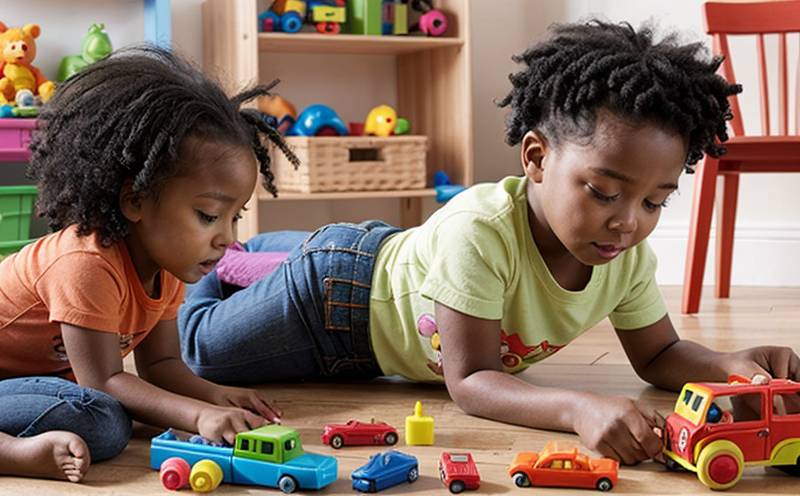Hygiene Testing in Baby Feeding Products
In today’s fast-paced world, ensuring the hygiene of baby feeding products is paramount. This service focuses on providing comprehensive testing to ensure that baby bottles, nipples, pacifiers, and other feeding accessories meet stringent safety and hygiene standards. Hygiene testing plays a critical role not only in safeguarding infants from harmful bacteria but also in maintaining product integrity over time.
The demand for hygienic baby feeding products has increased significantly, driven by health-conscious parents, regulatory requirements, and advancements in materials science. The focus on hygiene extends beyond the initial use, emphasizing long-term durability against bacterial growth and contamination. This service offers a holistic approach to testing, encompassing microbiological analysis, chemical residue checks, and material compatibility assessments.
Microbiological tests are conducted using standardized methods such as those outlined in ISO 11290-1 and ASTM D3458, which ensure that the products remain free from harmful microorganisms. These tests typically involve swabbing or direct contact sampling followed by culturing to detect any potential contamination. The results provide a clear picture of whether the product meets hygiene standards.
Chemical residue checks are equally important, as they help identify the presence of toxic substances like lead, cadmium, and bisphenol A (BPA). Testing is conducted using techniques specified in international standards such as ASTM F963-17a and EN 71-3. These tests ensure that all components used in baby feeding products are safe for prolonged contact with a child’s mouth.
Material compatibility assessments focus on ensuring that the materials used do not interact adversely over time, which could lead to contamination or health risks. This is particularly important given the frequent cleaning and sterilization processes involved. The use of materials such as silicone, polypropylene, and polycarbonate must be carefully evaluated for their durability and resistance to degradation.
Our team of experts uses advanced instrumentation and techniques to conduct these tests, ensuring accuracy and reliability. The testing process involves meticulous sample preparation, incubation periods, and data analysis to produce actionable insights. Our reports provide detailed information on the results of each test, highlighting any areas that may require improvement or further scrutiny.
The importance of hygiene in baby feeding products cannot be overstated. It is a critical factor in maintaining public trust and ensuring compliance with regulations. By partnering with us, quality managers, compliance officers, R&D engineers, and procurement professionals can rest assured that their products meet the highest standards of safety and hygiene.
Applied Standards
| Standard | Description |
|---|---|
| ISO 11290-1:2016 | Microbiological examination of food contact surfaces. |
| ASTM F963-17a | Safety standard for toys, including baby feeding products. |
| EN 71-3:2014 | Toxic elements in materials and articles intended to be placed in contact with the mouth of a child. |
| ASTM D3458 | Determination of free and unbound monomeric oligomeric phenols from polyurethane foams. |
Quality and Reliability Assurance
- Compliance with ISO 17025 accreditation requirements for testing laboratories.
- Dedicated quality assurance teams ensuring consistent test results.
- Use of state-of-the-art equipment calibrated to international standards.
- Continuous training and certification of all laboratory personnel.
We maintain a robust quality management system that includes regular audits, internal reviews, and external verification by independent bodies. This ensures that our testing services are reliable and consistent across all projects. Our commitment to excellence is reflected in the high standards we uphold for every aspect of our operations.
Use Cases and Application Examples
- New Product Development: Ensuring that new baby feeding products meet hygiene and safety requirements before commercial launch.
- Compliance Audits: Assisting companies in meeting regulatory obligations related to toy and children’s product safety.
- Patient Safety: Providing peace of mind for healthcare providers by ensuring the hygienic quality of feeding products used in neonatal care.
In addition to these core services, we also offer bespoke testing solutions tailored to specific client needs. Our expertise ensures that every aspect of hygiene and safety is thoroughly addressed, from initial design through to final product release.





